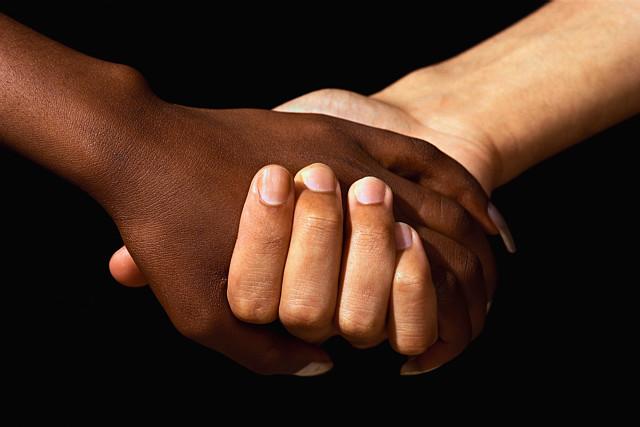ROMANCE: People tend to choose a spouse with similar DNA
 |
| Source: short-sharp-shock.blogspot.com |
I find this result fascinating. People tend to choose partners with similar DNA? How do we do this? Is it smell? Appearance? Some psychic connection?
Scientists already knew that people tend to marry others who have similar characteristics, including religion, age, race, income, body type and education, among others. Scientists now show that people also are more likely to pick mates who have similar DNA. As the researchers state, "Individuals are more genetically similar to their spouses than they are to randomly selected individuals from the same population."
Thinks about this: if you've had a bad relationship that left you scarred, and that person was genetically similar to you, what does that tell you about yourself? Do you also have the traits that led to the situation? There is much to consider in this finding, something writers might consider in their personal lives and their fiction.
In the new study, published in the journal Proceedings of the National Academy of Sciences, scientists show that people also are more likely to pick mates who have similar DNA. While characteristics such as race, body type and even education have genetic components, this is the first study to look at similarities across the entire genome.
 |
| Suggested reading click on image |
For the study, Domingue and his colleagues, including CU-Boulder Associate Professor Jason Boardman, used genomic data collected by the Health and Retirement Study, which is sponsored by the National Institute on Aging.
The researchers examined the genomes of 825 non-Hispanic white American couples. They looked specifically at single-nucleotide polymorphisms, which are places in their DNA that are known to commonly differ among humans.
The researchers found that there were fewer differences in the DNA between married people than between two randomly selected individuals. In all, the researchers estimated genetic similarity between individuals using 1.7 million single-nucleotide polymorphisms in each person's genome.
The researchers compared the magnitude of the genetic similarity between married people to the magnitude of the better-studied phenomenon of people with similar educations marrying, known as educational assortative mating. They found that the preference for a genetically similar spouse, known as genetic assortative mating, is about a third of the strength of educational assortative mating.
The findings could have implications for statistical models now used by scientists to understand genetic differences between human populations because such models often assume random mating.
The study also forms a foundation for future research that could explore whether similar results are found between married people of other races, whether people also choose genetically similar friends, and whether there are instances when people prefer mates whose DNA is actually more different rather than more similar.
* * * * *
Story Source: Materials provided by University of Colorado at Boulder. Note: Materials may be edited for content and length. Benjamin W. Domingue, Jason Fletcher, Dalton Conley, and Jason D. Boardman. Genetic and educational assortative mating among US adults. PNAS, May 19, 2014
Comments
Post a Comment